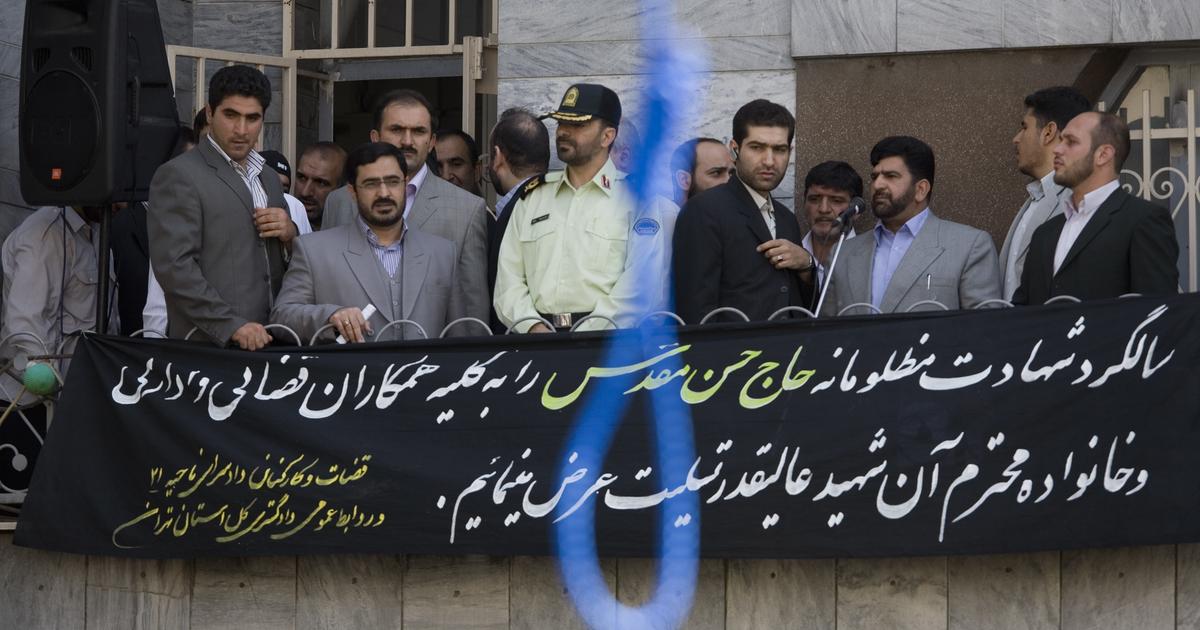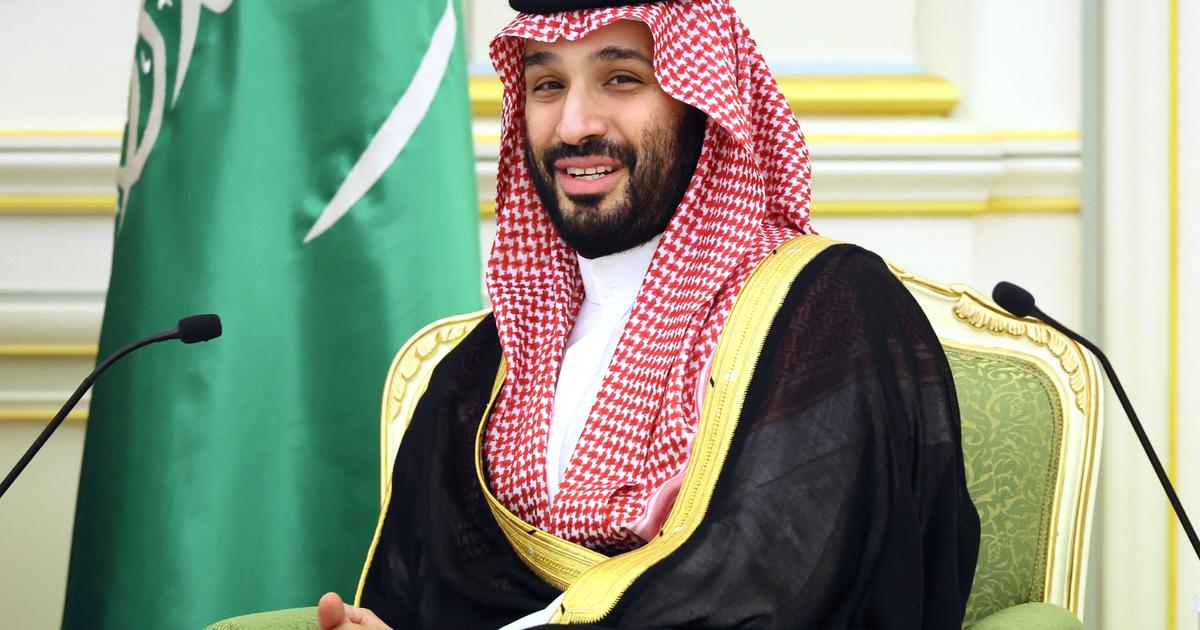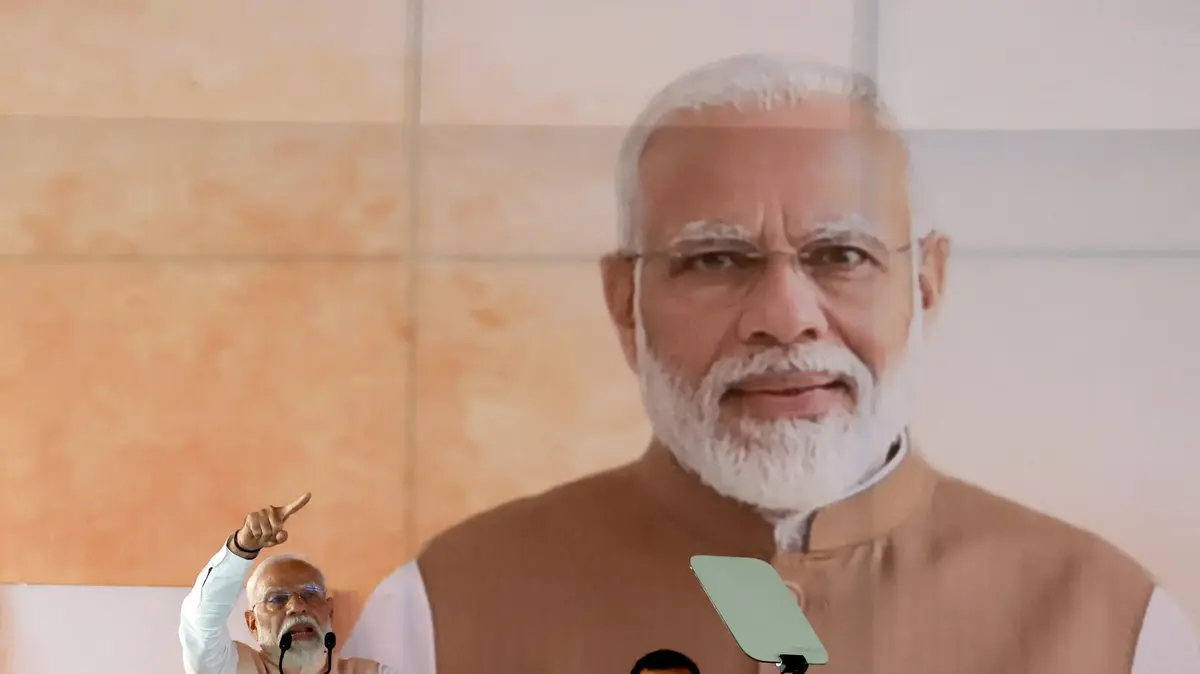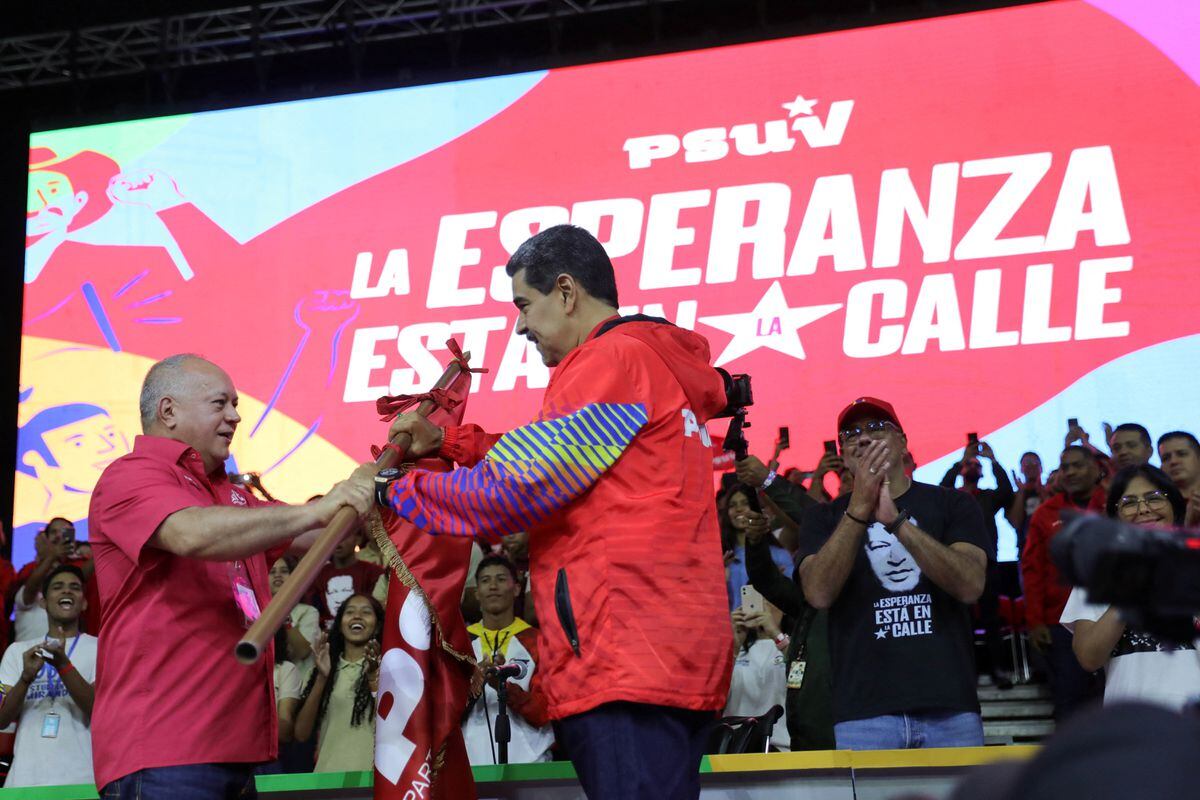January 2022 had not reached the fortnight and in Venezuela 27 people had already been murdered by the security forces, reported the NGO Control Ciudadano.
A worrying start to the year that recalls an even worse reality: between 2016 and 2021, 9,211 cases of extrajudicial executions were recorded, part of the record of human rights violations that weighs on the Government of Nicolás Maduro, for which several international organizations have raised alarms and the International Criminal Court has opened an investigation.
The global data of the 9,211 cases of extrajudicial executions is from Cofavic, an organization created by the relatives of the victims of the Caracazo of February 27, 1989, the massive riots and looting registered in the capital that were controlled violently by the military force and police and ended in executions and disappearances. The NGO has followed this phenomenon for more than 30 years and assures that it has not stopped happening and has even been increasing, despite rulings by the Inter-American Court of Human Rights that have demanded guarantees of non-repetition from the Venezuelan State.
"Now we are not only seeing extrajudicial executions due to a disproportionate use of public force, we are facing systematized patterns linked to the purpose of generating social control in popular areas of urban areas," warns lawyer Liliana Ortega, director of Cofavic. "Extrajudicial executions, like torture, are multiple human rights violations, because they involve the right to life, personal integrity and due process."
Gregorio Chinchilla spoke with his son on the phone before entering the Metro. When leaving the subway, in a trip of no more than half an hour, he had messages on his cell phone from relatives informing him that the young man had been murdered. "They gave him three shots in the chest, one of grace in the heart," he says, according to what he has been able to reconstruct from that day in April 2019 when his only son was killed. “Some officials presumably from the FAES (an elite group of the Bolivarian Police) came to his house saying they were from the CLAP (Local Committee for Supply and Production, the government structure that distributes bags of food at subsidized prices), knocked on the door and the My son's father-in-law opened it for them. They knelt down to the gentleman and put him in a room. They took my son out of bed and killed him in the hallway."There were shots in the air and in the middle of the search of the house, the officials shouted “Surrender!”. It was part, says Chinchilla, of the performance to simulate a confrontation with the police, although Anrry Chinchilla Berroterán —30-year-old motorcycle taxi driver and mechanic, father of a 6-year-old girl— was not armed. The officials took the body in a van to a hospital and there began an ordeal for the family trying to get justice.The officials took the body in a van to a hospital and there began an ordeal for the family trying to get justice.The officials took the body in a van to a hospital and there began an ordeal for the family trying to get justice.
Neighbors talk on the street in the city of Barquisimeto, Venezuela. Edilzon Gamez (Getty Images)
Ortega insists that the violence with which the police act in the poor areas of the cities evidences a policy of using public force to inhibit protests or complaints, and "demonstrate how far their capacity for terror goes," something that has also collected the report of the Independent Mission to Determine the Facts about Venezuela ordered by the United Nations. These violent incursions have become daily in many poor neighborhoods of Caracas and the rest of the country. "The mechanism of social control is perpetuated because these police forces make life in those areas, they threaten relatives if they report, they see them go to the market or to court, which creates a chain of threats and hostility so as not to do effective justice."
Of the 9,211 cases of alleged extrajudicial executions that occurred between 2016 and March 2021, Cofavic prepares a profile of the victim: 80% are under 25 years of age, 99% are men from vulnerable sectors and in 80% of the cases there have been some act of threat or intimidation against those who denounce, mostly women, many of whom are elderly. The judicial police, in charge of investigating crimes, is one of the security forces with the most complaints.
The activist mentions an IACHR ruling issued in June 2021 on a case of extrajudicial execution committed in 2003 against young Venezuelans Jimmy Guerrero and Ramón Molina.
"This sentence serves to explain what happened then and continues to happen, that these mechanisms are established to persecute and criminalize poverty, poor youth."
The court determined that the arrests and murders of Guerrero and Molina were motivated by "preconceptions of police officers, consisting of the attribution of a supposed danger to a young man in a situation of poverty."
Police lethality and impunity
The categories of deaths due to "resistance to authority", "confrontation" or "under investigation" hide a good part of the extrajudicial executions. In its report for the end of 2021, the Venezuelan Observatory of Violence calculated an average of six deaths per day due to “resistance to authority” last year. The observatory, in addition to Cofavic and other civil organizations, has been warning of a dangerous increase in deaths due to resistance to authority, which in recent years began to have almost the same weight as homicides in a country that has been among the most violent in the region. By 2019, Venezuela was one of the countries with the highest police fatality rate —civilians killed by firearms by security agents per 100,000 inhabitants—,according to the calculations of the Monitor of the Use of Lethal Force in Latin America.
In 2015, the national government implemented the so-called People's Liberation Operations (OLP), violent incursions by various security forces into neighborhoods to supposedly hunt down criminals, which have been condemned in several reports by the Office of the High Commissioner for Human Rights Michelle Bachelet . That has been a turning point in the violence in Venezuela, which is added to a progressive militarization of citizen security initiated during the Government of Hugo Chávez. “From then to now, the increase in cases and the more massive participation of the security forces in taking over certain areas has changed, as happened last year in La Vega. The names of the operatives and the elite groups that act have also changed,” says Ortega.
The fuel for these crimes is impunity. Last September, the Public Ministry reported to the UN Human Rights Committee that in three years they had opened 4,890 investigations into alleged extrajudicial executions, 731 officials had been charged, and only 118 cases had been convicted. "That means that only in 16% of the cases have convictions been obtained, it is not known if they will be signed, and that impunity is an unequivocal sign that these crimes will continue to multiply," says Ortega. The Chinchilla case, for example, has been stalled in the prosecution for three years.
On the 25th of this month, Venezuela returns to account in the Universal Periodic Review with these indicators in tow. In recent months, pressured by the investigation at the ICC and the now frozen negotiations in Mexico, the Government undertook some reforms in the laws of the justice system and must now report to the UN on what has happened in the field of human rights since 2016, when the last evaluation was performed.
The director of Cofavic warns that extrajudicial executions can be considered crimes against humanity because they are directed against a specific population and must be judged according to the parameters of international law, which establishes that the victims must be heard for reparation and that the victims must be punished. those most responsible, not only the material authors, something that has not happened until now.
“When there is impunity, the pain remains intact and leaves wounds in the social fabric that are very difficult to repair.
The systematic violence experienced in the last ten years in Venezuela, the damage created, will have a generational impact.”
Follow all the international information on
and
, or in
our weekly newsletter
.








/cloudfront-eu-central-1.images.arcpublishing.com/prisa/3XWMNFY3U4PW5MVFYFBSATU6KI.jpg)






